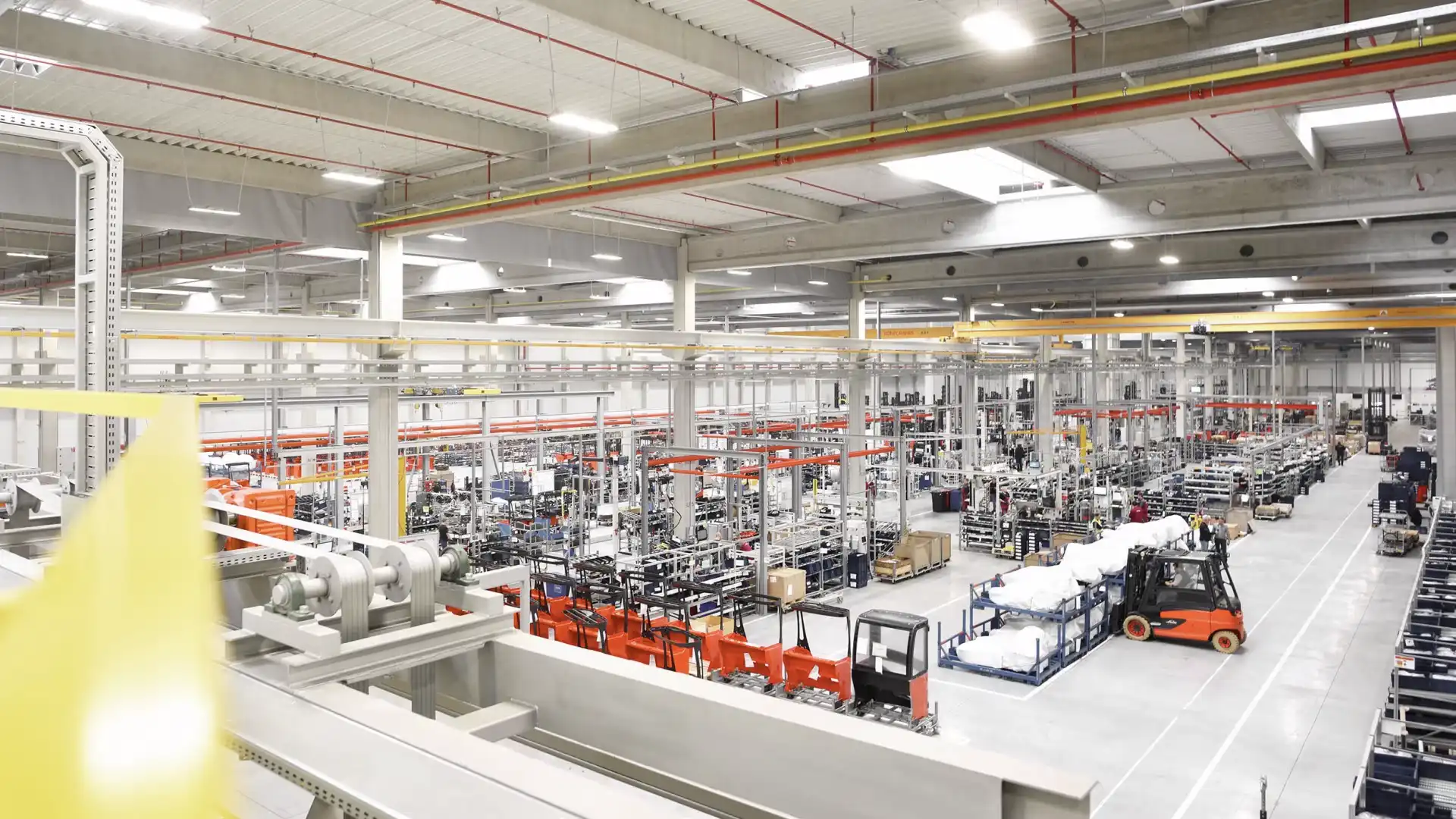Event Details
-
Preventing Accidents: Lift Truck Safety Protocols
Lift trucks, also known as forklifts, are essential pieces of equipment in warehouses, distribution centers, and construction sites. However, their powerful capabilities also bring significant risks if not operated correctly. To ensure the safety of operators and bystanders, it’s crucial to follow established safety protocols. This article delves into key strategies for preventing accidents and maintaining a safe working environment.
Comprehensive Training
Operators must receive thorough training before handling lift trucks. This training should cover both theoretical and practical aspects, including the machine's operation, load handling, and emergency procedures. Regular refresher courses help keep skills sharp and knowledge up to date. Forklift | China Manufacturer Trade Price on Materials Handling lift Truck, Stackers, Industrial vehicles, Scrubbers, Transporters brands Sale Price Buy Online | Forklift
Forklift | China Manufacturer Trade Price on Materials Handling lift Truck, Stackers, Industrial vehicles, Scrubbers, Transporters brands Sale Price Buy Online | Forklift
Regular Maintenance
Regular maintenance and inspections of lift trucks are vital to identify potential issues before they become hazards. A routine maintenance schedule should include checking brakes, tires, hydraulic systems, and other critical components. Any defects should be repaired promptly to prevent malfunctions during operations.Safe Operating Practices
Operators should adhere to safe operating practices at all times. This includes wearing appropriate personal protective equipment (PPE), such as helmets and high-visibility vests, and ensuring the load is secure and within the lift truck’s capacity. Speed limits should be observed, and sharp turns and sudden stops should be avoided to maintain stability.Clear Communication
Effective communication between operators and other workers is essential to prevent accidents. Hand signals, two-way radios, and clear signage can help ensure everyone on the site is aware of the lift truck’s movements. Establishing pedestrian walkways and keeping them clear of obstructions can further enhance safety.Environmental Awareness
Operators must be aware of their surroundings and any potential hazards in the work area. This includes checking for uneven surfaces, debris, and overhead obstacles. Proper lighting and clean floors can also reduce the risk of accidents.Emergency Preparedness
Having an emergency plan in place is critical. Operators and workers should know how to respond in case of an accident, including first aid procedures and evacuation routes. Regular drills can help ensure everyone knows their role in an emergency. -
11/25/24 at 1:00 AM -
3/13/25 at 1:00 AM -
RSVPs
- 1 attending
- 0 maybe attending
- 0 not attending
- 0 awaiting reply